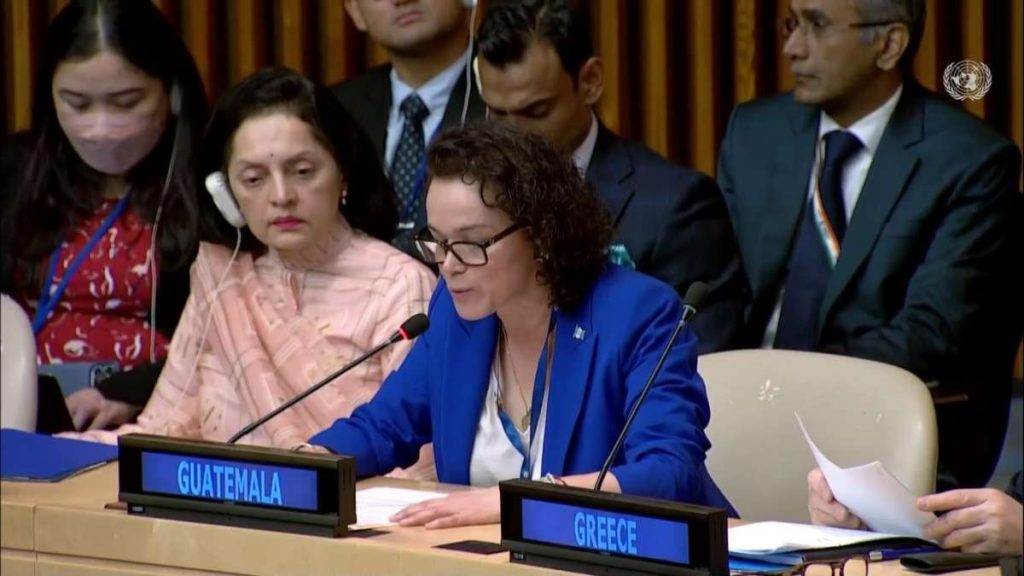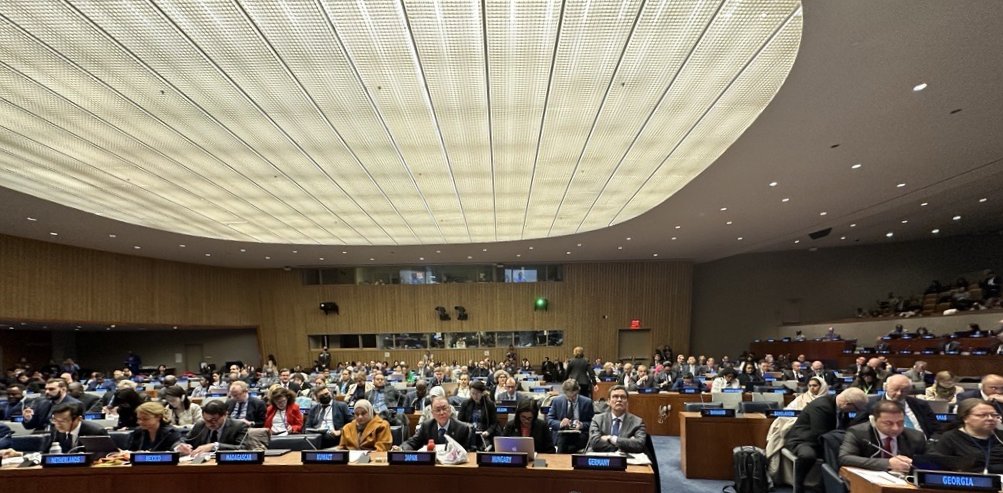India, which will begin its term on the Statistical Commission in 2024, returns after 20 years having completed its last term in 2004….reports Arul Louis
In a sign of India’s diplomatic influence, it has been elected to the UN Statistical Commission and two other bodies while China suffered a diplomatic rout unable to get the required votes for the Commission when it squared off against India.
India was elected unopposed in two elections on Wednesday by the UN Economic and Social Council (ECOSOC) to the Commission on Narcotic Drugs and the Programme Coordinating Board of the Joint UN Programme on HIV/AIDS.
In the election to the Statistical Commission where China was competing with India for seats earmarked for the Asia Pacific region, India received 46 of the 53 votes for the Statistical Commission electing it to one of the two seats for the Asia Pacific region in the first round of voting.
China came in third with paltry 19 votes, while South Korea received 23 and the United Arab Emirates 15, necessitating a second round of ballotting because none of them received the majority of 27 votes required for election to the region’s second seat under the rules.
In the runoff between China and South Korea, they tied with 25 votes each and under the rules, ECOSOC President Lachezara Stoeva drew lots to break the tie and Seoul was picked.

India’s External Affairs Minister S. Jaishankar tweeted, “India’s expertise in the field of statistics, diversity & demography has earned it a seat on the UN Statistical Commission.”
He congratulated India’s UN Mission team for “for coming through so strongly in a competitive election”.
Seats on most UN bodies are allocated by region, although all countries vote to pick the candidates from the region.
India, which will begin its term on the Statistical Commission in 2024, returns after 20 years having completed its last term in 2004.
The Statistical Commission bills itself as “the highest body of the global statistical system bringing together the chief statisticians from member states from around the world”.
It sets statistical standards and develops concepts and methods, at the national and international levels.
China’s poor performance in the Statistical Commission election, securing only 19 votes and trailing South Korea was a surprise because of the extensive diplomatic and economic campaigns it has undertaken around the world.
